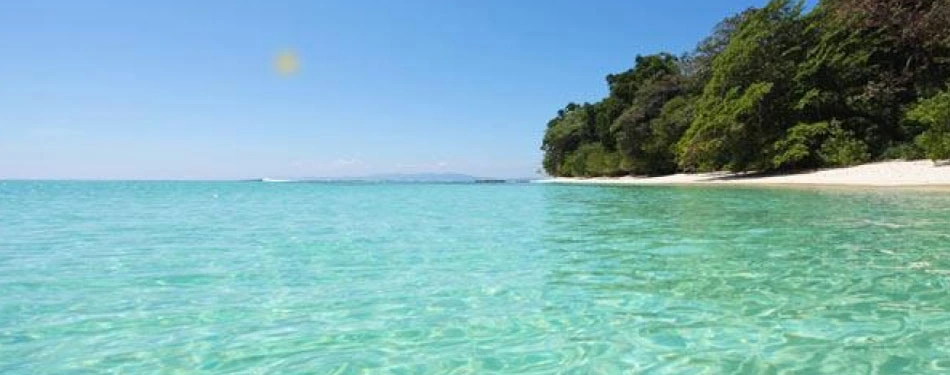Diglipur Weather Guide: Planning Your Perfect Getaway

When planning a getaway to Diglipur, a picturesque location in the Andaman and Nicobar
Islands, understanding the local weather is crucial for ensuring a pleasant trip. This
Diglipur weather blog will help you identify the best time to visit Diglipur, ensuring
your journey is as enjoyable as possible.
Getting to know Diglipur Weather
Diglipur, located in the northern part of the Andaman Islands, experiences a tropical
climate. The weather in Diglipur is generally characterized by a moderate climate, with
minimal fluctuations in temperature throughout the year. However, the region experiences
distinct seasonal changes which can significantly influence your travel plans.
The climate in Diglipur is primarily divided into three seasons: the summer, monsoon, and
winter. Each season offers a unique experience, making certain times of the year more
ideal for visiting than others.
Seasons in Diglipur

1. Summer (March to May)
The summer months in Diglipur are warm but pleasant, with temperatures ranging from 25°C
to 35°C. This is a great time for beach activities and exploring the lush greenery of
the island. However, humidity is higher, which can be uncomfortable for some travelers.
2. Monsoon (June to September)
The monsoon season brings heavy rainfall to Diglipur. While the landscape turns
strikingly lush, the frequent rains can affect outdoor activities and travel plans. The
seas also get rough, making boat rides less safe. If you enjoy the peace of rain and
lush environments, the monsoon could still be a great time to visit.

3. Winter (October to February)
Winter is widely regarded as the best time to visit Diglipur. The
weather during these
months is cooler and more comfortable, with temperatures ranging from 20°C to 30°C. It
is the ideal time to visit Diglipur for those looking to explore the natural beauty of
the islands without the discomfort of the hot sun or the unpredictability of the
monsoon.
Best Time to Visit Diglipur

Considering the climate variations, the best time to visit Diglipur is during the winter
months from October to February. During this period, the Diglipur weather is at its most
favorable, offering sunny days with a gentle breeze and minimal rainfall. This makes it
perfect for a variety of activities, including hiking, snorkeling, and exploring
beautiful beaches like Ross and Smith Island, which are connected by a sandbar.
Ideal Time to Visit Diglipur
The ideal time to visit Diglipur also falls between October and February. During these
months, you can enjoy the clear skies, perfect for photography and sightseeing.
Additionally, the cooler temperatures make it comfortable to engage in outdoor
activities and explore the natural attractions without the heat exhaustion typical of
the summer months.
Activities to Enjoy in Optimal Diglipur Weather
When visiting Diglipur during the ideal months, there are plenty of activities to
partake in:
● Beach Exploration: The pristine beaches of Diglipur offer serene
beauty
and are ideal for relaxation and sunbathing during the cooler months.
● Snorkeling and Diving: Clear waters during the winter months
provide
perfect visibility for snorkeling and scuba diving, offering a glimpse into the vibrant
marine life.
● Trekking: Diglipur offers several trekking opportunities,
including the
famous trek to the Saddle Peak, the highest point in the Andaman and Nicobar Islands.
● Wildlife Spotting: The Alfred Caves and the Turtle nesting sites
are
natural wonders that attract wildlife enthusiasts.
Check out more blogs
Conclusion
Understanding Diglipur weather and choosing the best time to visit Diglipur can
dramatically enhance your travel experience. By planning your trip during the ideal
months of October to February, you can take full advantage of the pleasant climate and
the myriad activities that Diglipur has to offer. Whether it's lounging on sun-kissed
beaches, diving into the blue waters, or trekking through lush greenery, Diglipur
provides a perfect getaway for every traveler seeking a blend of adventure and
tranquility.



